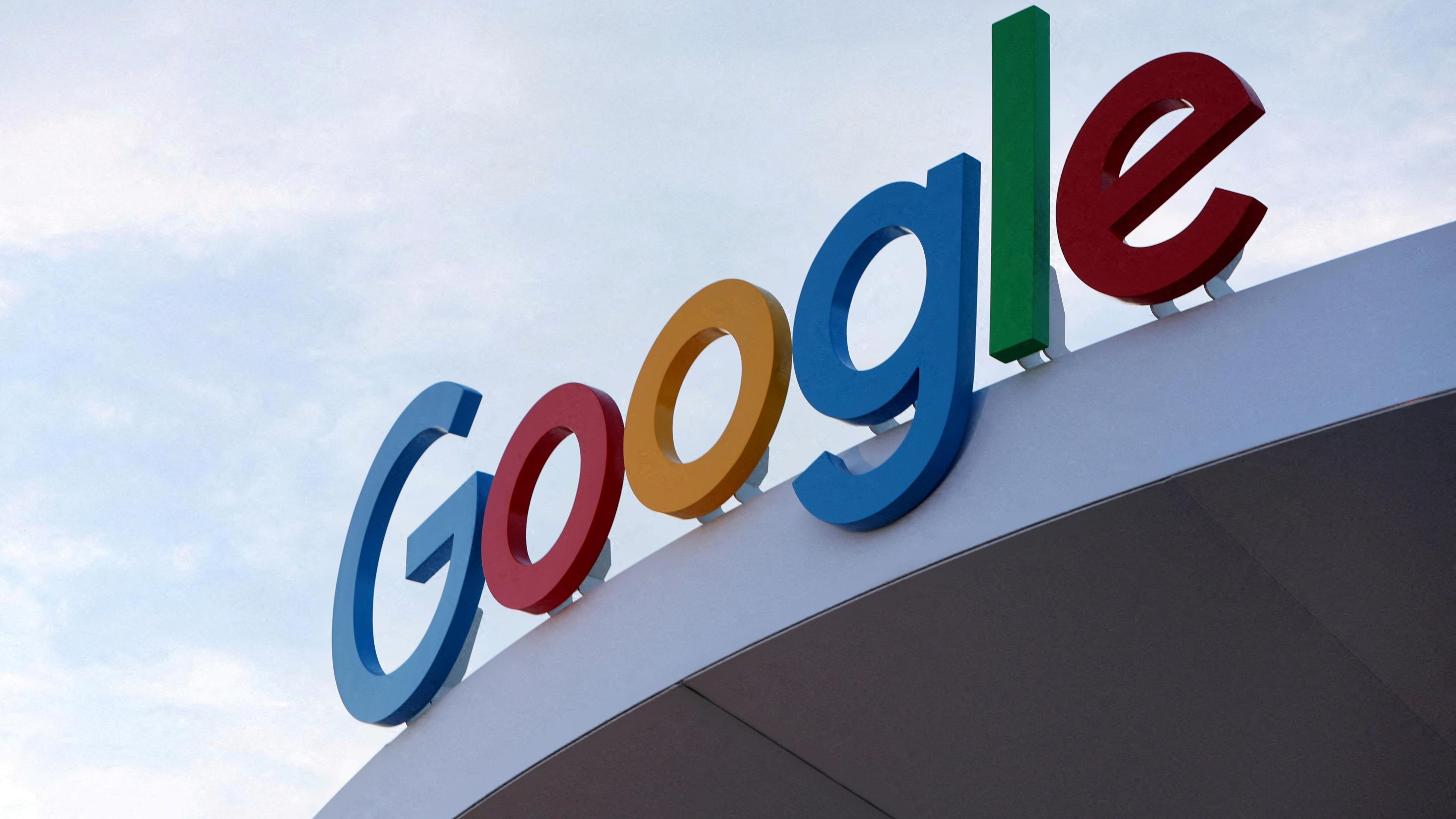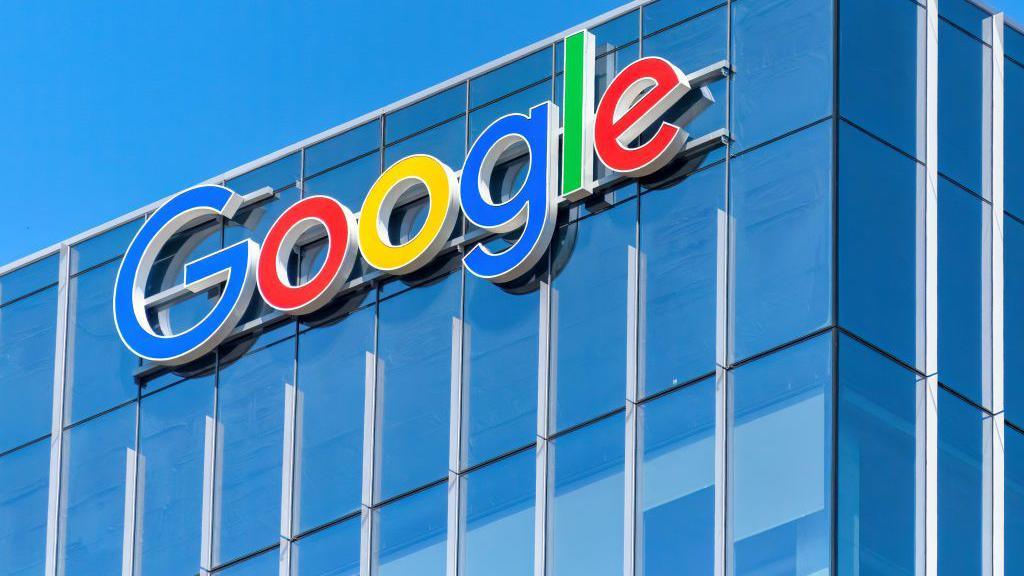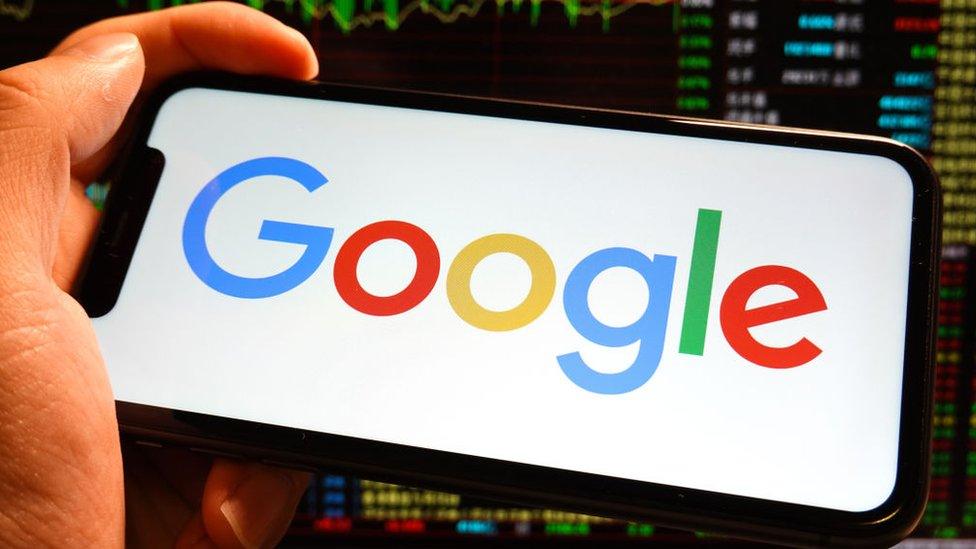Google reacts angrily to report it will have to sell Chrome

- Published
Google has said it would harm consumers and businesses if it is forced to sell Chrome, the world's most popular web browser.
The US Department of Justice (DOJ) will propose the measure to a judge on Wednesday, Bloomberg has reported, external.
Judge Amit Mehta ruled Google operates an online search monopoly in August, and has been considering what remedies or penalties to impose.
The DOJ has not commented on the report - but Google has made clear it is a proposal it opposes.
"The DOJ continues to push a radical agenda that goes far beyond the legal issues in this case," said Google executive Lee-Anne Mulholland in a statement.
Google will also reportedly be asked to establish new measures around its artificial intelligence, Android operating system and use of data.
"The government putting its thumb on the scale in these ways would harm consumers, developers and American technological leadership at precisely the moment it is most needed,” Ms Mulholland added.
Chrome is the most used browser worldwide - with web traffic tracker Similarweb placing its global market share at 64.61% in October.
Meanwhile Google search corners an almost 90% share of the global search engine market as of October, according to Statcounter, external.
It is the default engine in Chrome as well as on many smartphone browsers, including Safari on iPhones.
Judge Mehta said in his ruling in August that the default search engine was "extremely valuable real estate" for Google.
"Even if a new entrant were positioned from a quality standpoint to bid for the default when an agreement expires, such a firm could compete only if it were prepared to pay partners upwards of billions of dollars in revenue share," he wrote.
The DOJ had been expected to provide its final proposed remedies to the court by Wednesday.
It said in an October filing documenting initial proposals it would be considering seeking a break-up of Google.
Potential remedies "that would prevent Google from using products such as Chrome, Play [its app store], and Android to advantage Google search and Google search-related products" were among its considerations, it said then.
'Splitting off'
Google has previously denied operating a monopoly in online search.
In response to the DOJ's filing in October, Google said, external "splitting off" parts of its business like Chrome or Android would "break them".
"Breaking them off would change their business models, raise the cost of devices, and undermine Android and Google Play in their robust competition with Apple’s iPhone and App Store," the company said.
It also said it would make it harder to keep Chrome secure.
Revenues from Google's search and advertising businesses rose by 10% to $65.9bn, according to the company's latest quarterly results, external.
Chief executive Sundar Pichai said the company's AI search tools were now being accessed by millions of users.
Investors have been keeping a close eye on Google's share price on Tuesday, following reports of the DOJ's proposed remedies.
- Published27 October 2024

- Published18 September 2024

- Published12 September 2023
